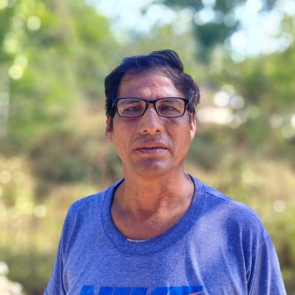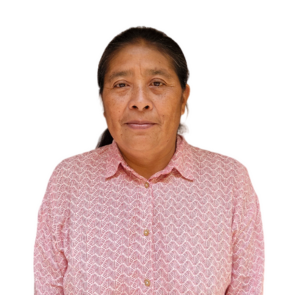
#Indigenous Peoples / Campesino Rights
#Indigenous Peoples / Campesino Rights
Indigenous rights are those rights that exist in recognition of the specific condition of the indigenous peoples. This includes not only the most basic human rights of physical survival and integrity, but also the preservation of their land, language, religion, and other elements of cultural heritage that are a part of their existence as a people. This can be used as an expression for advocacy of social organizations or form a part of the national law in establishing the relation between a government and the right of self-determination among the indigenous people living within its borders, or in international law as a protection against violation by actions of governments or groups of private interests.
On 13 September 2007, the UN General Assembly adopted resolution 61/296, the Declaration on the Rights of Indigenous Peoples.
The Declaration establishes a universal framework of minimum standards for the survival, dignity, well-being and rights of the world's indigenous peoples. The Declaration addresses both individual and collective rights; cultural rights and identity; rights to education, health, employment, language, and others. It outlaws discrimination against indigenous peoples and promotes their full and effective participation in all matters that concern them. It also ensures their right to remain distinct and to pursue their own priorities in economic, social and cultural development. The Declaration explicitly encourages harmonious and cooperative relations between States and indigenous peoples.







